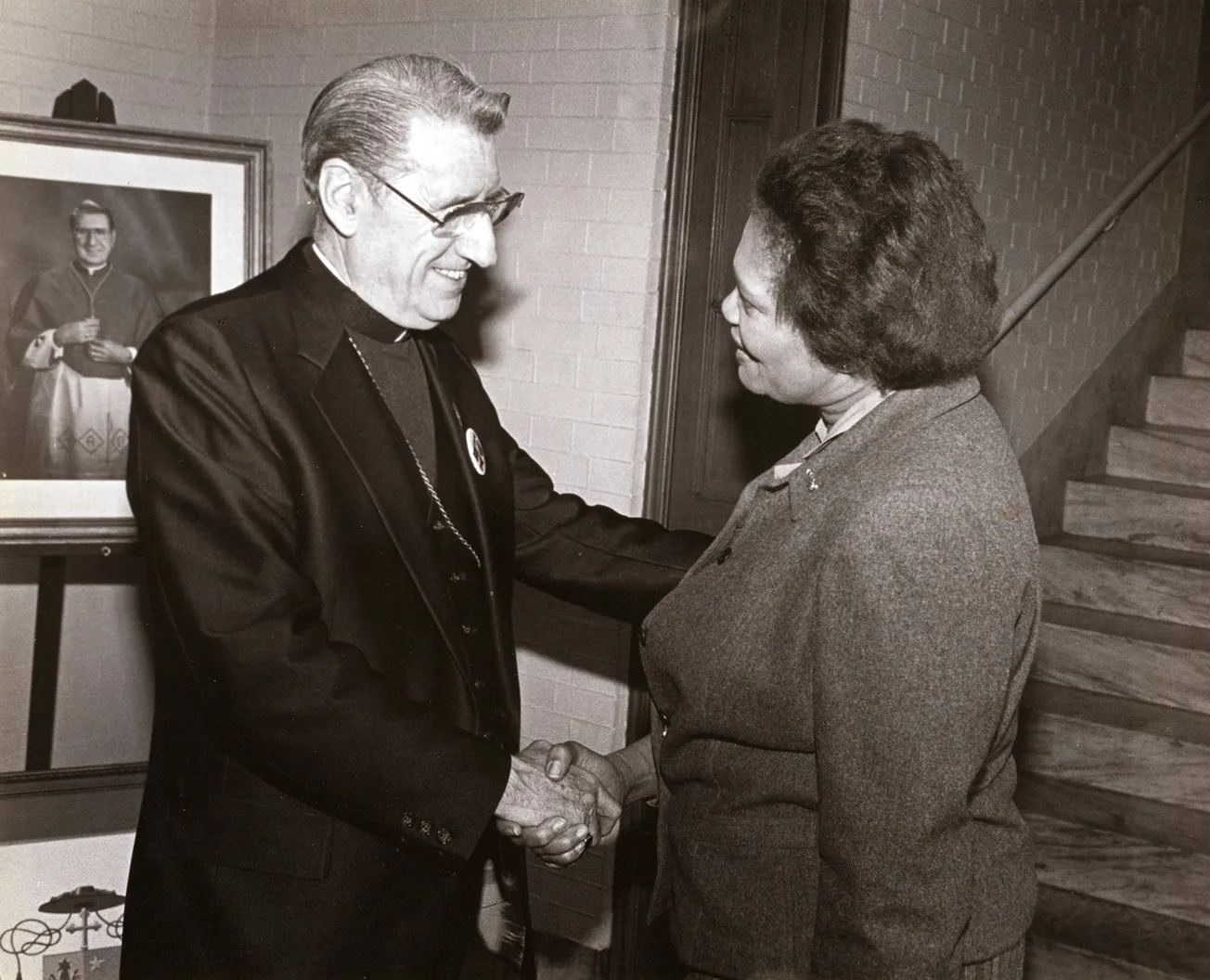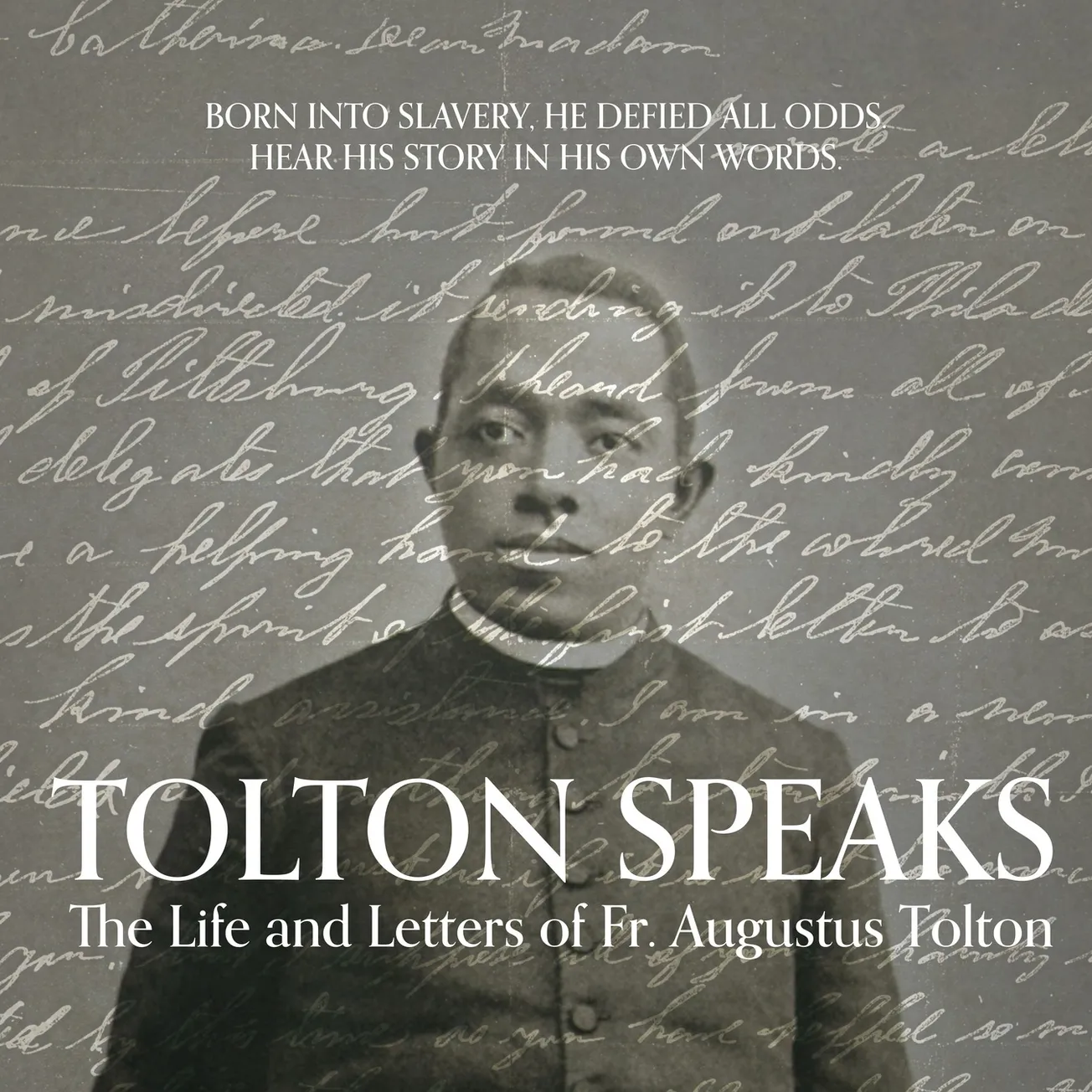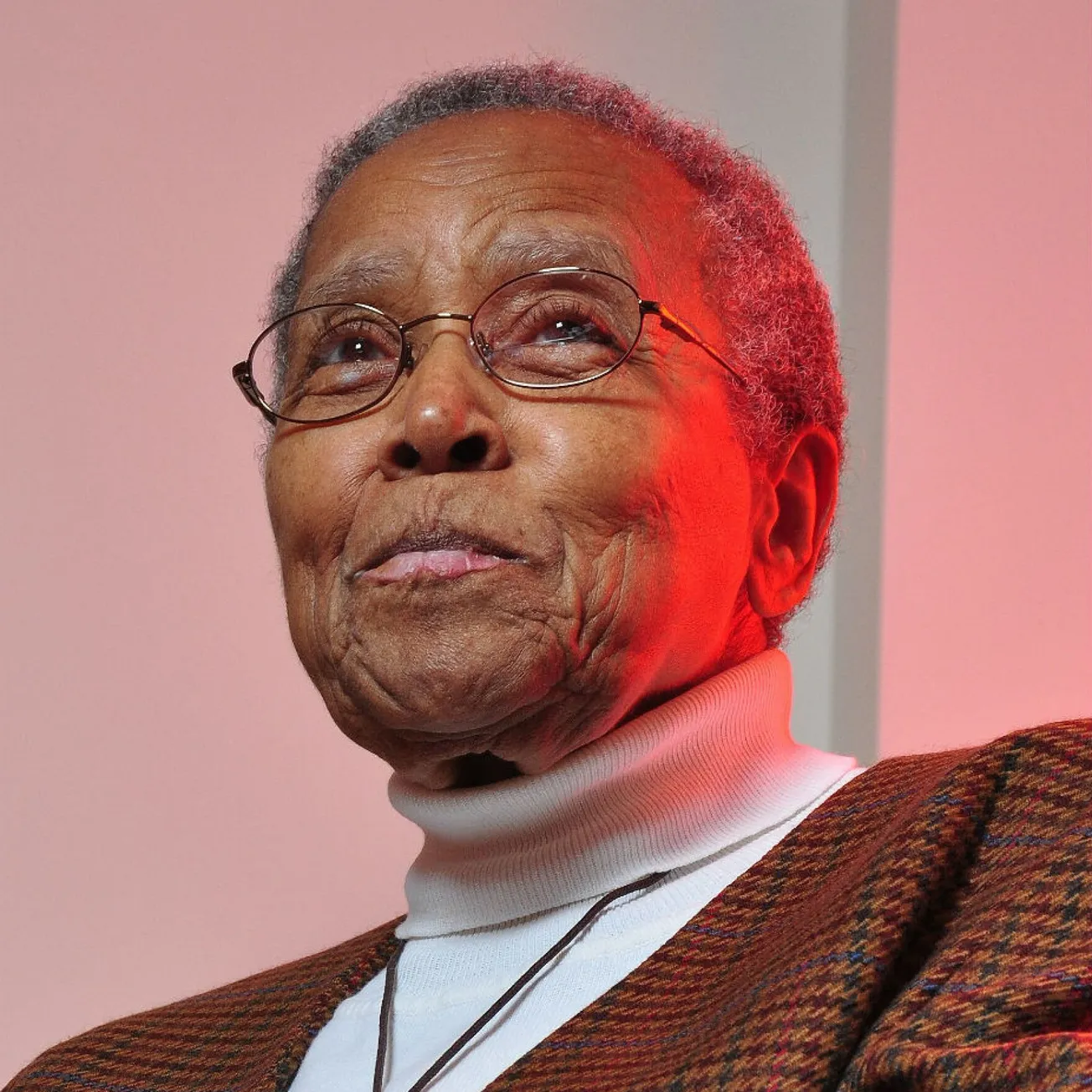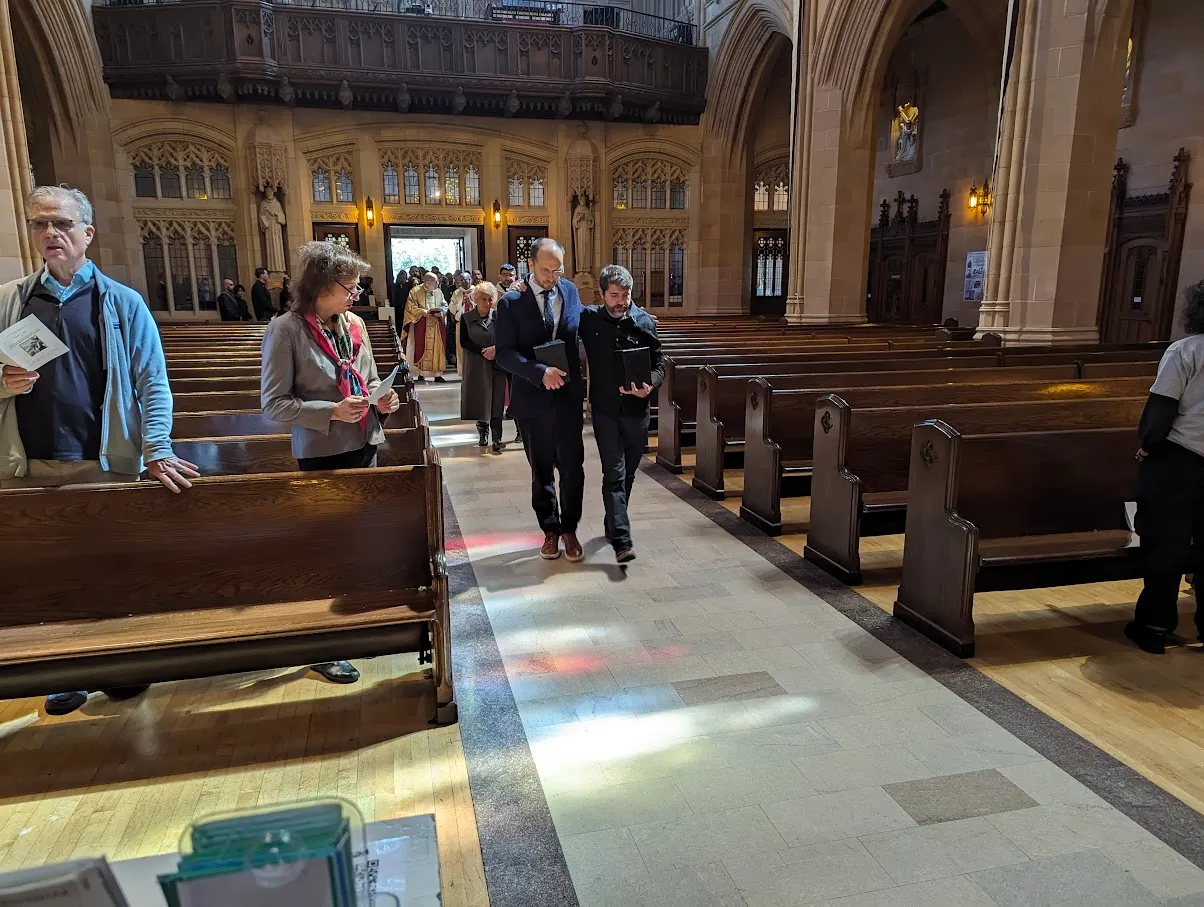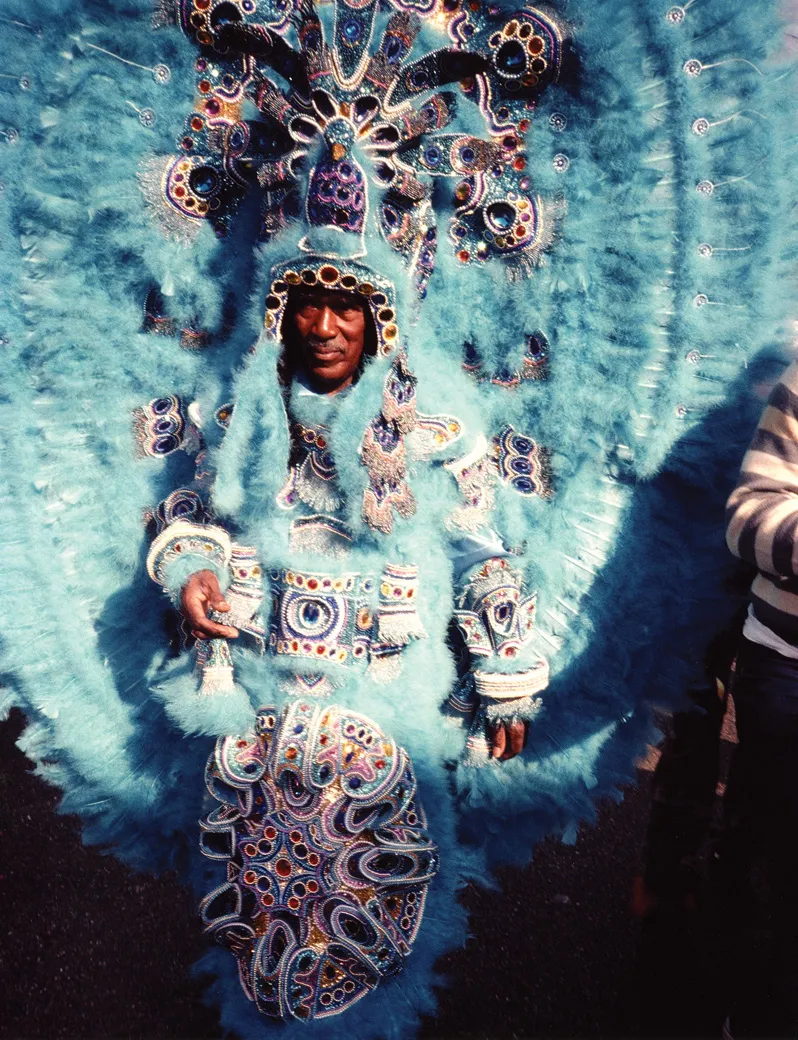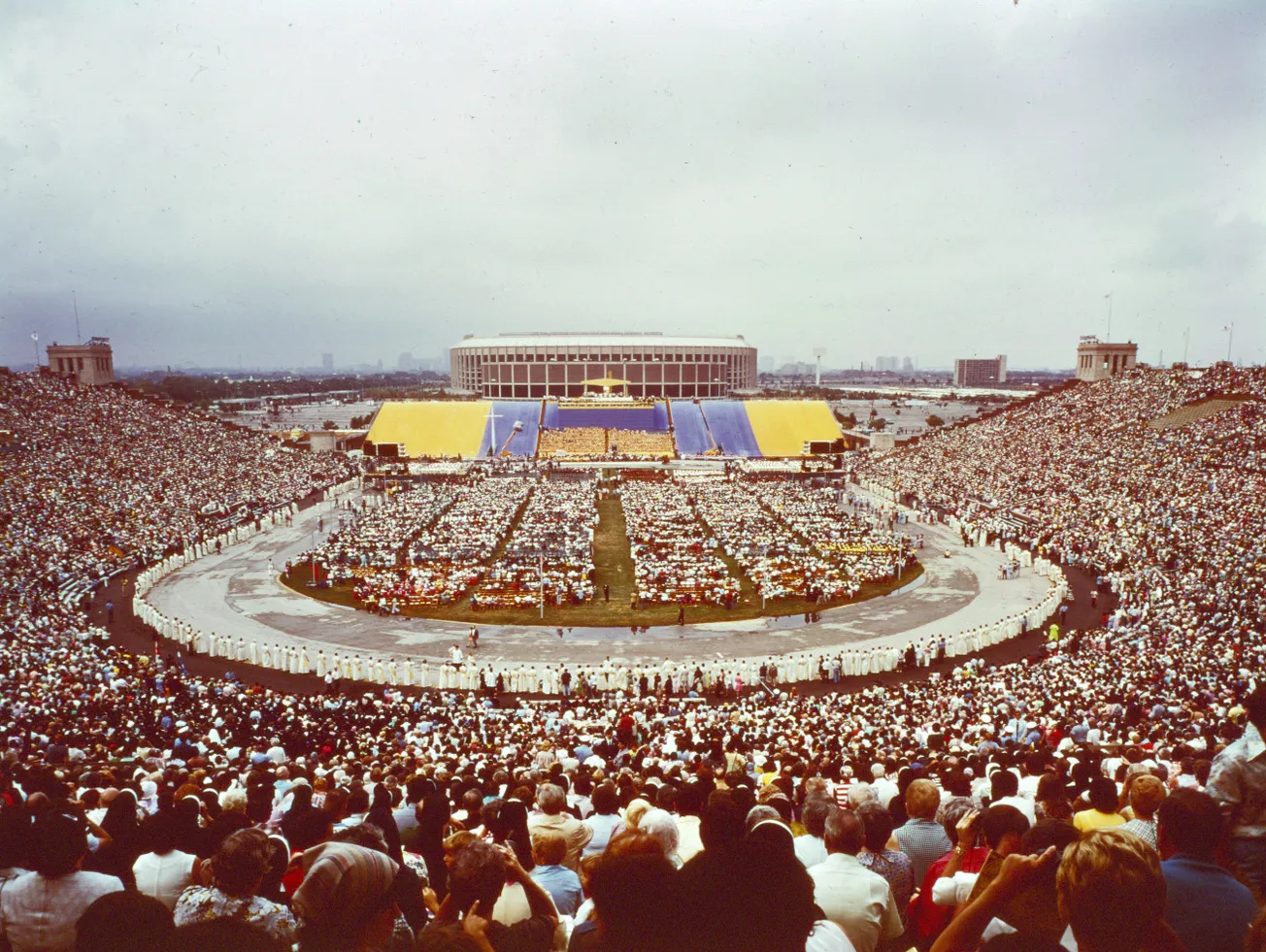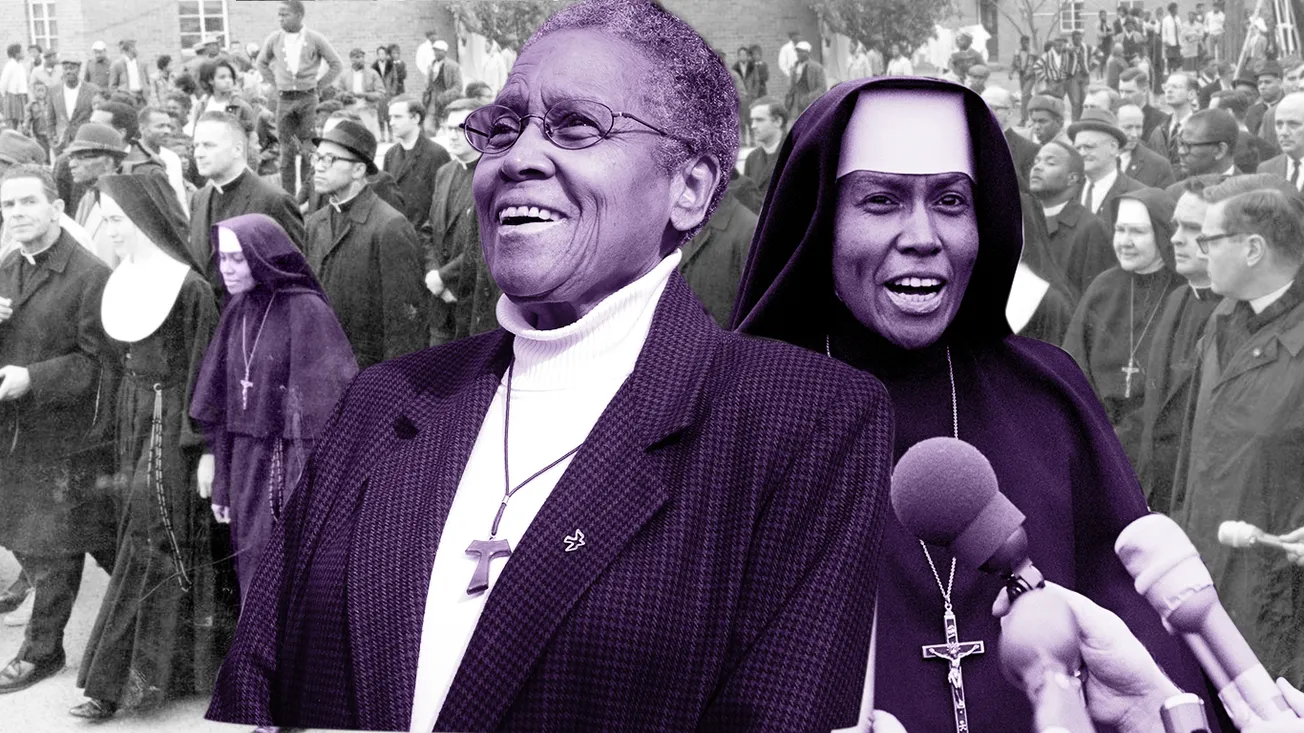Five years ago this month, the nation and world lost a passionate defender of life and a history-maker in the Black Catholic community. She was not only a foundress and an activist, but also the first lay diocesan vice chancellor in the United States, appointed by Cardinal John O’Connor of New York in 1985.
Perhaps it was fitting, then, that her first day and her last, February 22, came during Black History Month.
At the time of the death of Dolores Bernadette Grier, her family chose not to reveal her age. It was an almost Biblical turn, smacking of Melchizedek, the priestly ruler who foreshadows Christ and the eternal priesthood in the book of Genesis.
Born circa 1927, Grier herself had been baptized into the priesthood of believers as a child—though an older one, since she was raised a Baptist. She encountered the Catholic faith through a friend, and converted as a teenager in her native New York City, where she lived in Harlem throughout her life.
A graduate of Fordham University’s Graduate School of Social Service, Grier worked for years as social worker with Catholic Charities and as an activist for pro-life concerns. Like many African Americans of her time, she was not particularly disposed to the movement from her youth, and instead came upon it by means that many today would likely find stunning.
Indeed, Grier noted that it was none other than the Rev. Jesse Jackson who convinced her of the need to oppose the scourge of abortion in the Black community, with a speech he gave early in his career. (He, like several prominent progressive voices of the 20th century, held this position before later reversing his stance.)
Grier would never renege on her new commitment, and it soon became her calling card. For Grier and many others, abortion was seen as a tool of racism for dismantling the Black family, and her outspokenness on the issue soon became a point of emphasis for powerful Catholic leaders. By this time, a political shift among the US bishops in particular was well underway, wherein conservative politics were beginning to overshadow a previous focus on social issues and the so-called “spirit of Vatican II.”
Meanwhile, anti-abortion stances were becoming the norm among Republicans in the US, not least because of the intentional focus given to the issue from segregationists in need of a new political boon among Southern and conservative voters.
As it was, the passionate—and arguably far less politically influenced—stance of Grier became her ticket to ascendancy within the Catholic sphere, and just as Black Catholics in the US were in the throes of their own revolution against racism and the suppression of their culture by ecclesial leaders.
Black converts like Grier had poured into the Church during the 20th century, especially due to the Great Migration, which brought African Americans fron the Jim Crow South to the North, Midwest, and West Coast by the millions. According to census records, Grier’s mother Vermell was one of them, having been born in Georgia in 1907.
Her mother was a convert too, from Methodism to the Baptist faith, and raised the children as a single mother after her husband died from tuberculosis shortly after Dolores became a Catholic. Her mother’s fortitude in the face of intersectional difficulties would inspire her for years to come, even as she became more of a right-leaning figure than a progressive or a civil rights icon.
“I don’t like the word ‘feminist’,” she said in a 2014 interview describing her life and work.
“Being a Catholic woman is a big job in itself.”
It should come as no surprise that Grier was a complicated figure. Though never on a mission to hide her Blackness, she was not always one to emphasize it, saying that her faith was the only aspect of herself that she felt the need to defend. When the rebelling Black Catholic priest Fr George A. Stallings famously schismatized in late 1989 to form an independent Black denomination, Grier was quoted by the New York Times not only condemning the move but also saying that she had become Catholic in part to leave “the Black Church and its emphasis on Black culture.”
As such, her appointment to the New York chancery was perhaps viewed in various ways. Black Catholics across the country, but especially in metros with large Black populations, had been noting with fervor that Black hirings in diocesan positions were scarce, and scarcely outside the janitor’s closet or in other service jobs. As such, a Black face in a high place was welcome, but Cardinal O’Connor, shrewd as ever, was surely getting his way as well.
For her part, Grier got right to work. She linked arms with prominent pro-life women, including Dr. Mildred Jefferson—the first Black female graduate of Harvard Medical School—to conduct a press conference on abortion in 1989, which was picked up by C-SPAN. Grier’s speech therein has since become a viral video showcasing early Black presence in the movement to curb abortion.
“We do believe that more than anything else, abortion is racism. It is a way of pruning, if you will, the Black population,” she said during a five-minute address.
“Let it be stated: Black women never demonstrated, demanded or even requested the right to an abortion. We’ve been asking for the right to decent housing, the right to education, in fact, the right to health care, and all we’ve been given free of charge is the right to kill our unborn child.”
In 1986, Grier had founded the Association of Black Catholics Against Abortion (ABCAA), an organization that no longer exists but in its time was fairly active and well-known. Representing the organization, Grier testified before Congress in 1990 as it considered the Freedom of Choice Act, an early (and unsuccessful) attempt to codify Roe v. Wade.
Grier was also an author, penning “Black Is: A Workbook Just for You,” a children’s text published in 1979, and “Death by Abortion: The Basic Facts,” in which she lamented, among other things, the apostasy of Rev. Jackson from his former anti-abortion stance.
In 2010, a decade after Grier retired from the archdiocese, she was awarded its Pierre Toussaint Medallion by the Office of Black Ministry, a nod less peculiar than it sounds. Despite her positions on Black culture in the Church, she remained a member of perhaps the most notable Black parish in the archdiocese, St. Charles Borromeo in Harlem, until her death.
Some say she was then 91 years old. As far as we know, however, she—and her tireless work—had neither beginning nor end.
Nate Tinner-Williams is co-founder and editor of Black Catholic Messenger and a seminarian with the Josephites.



